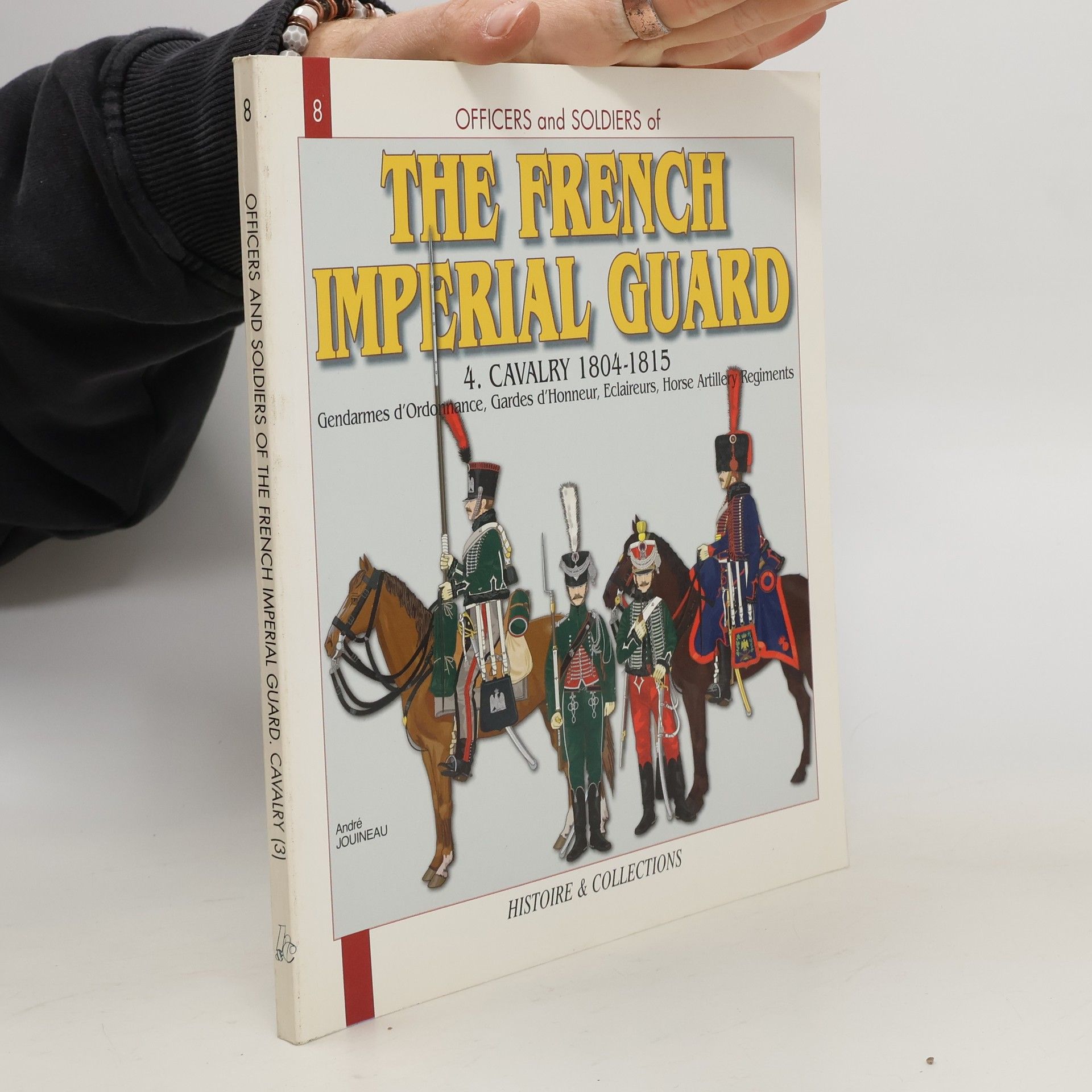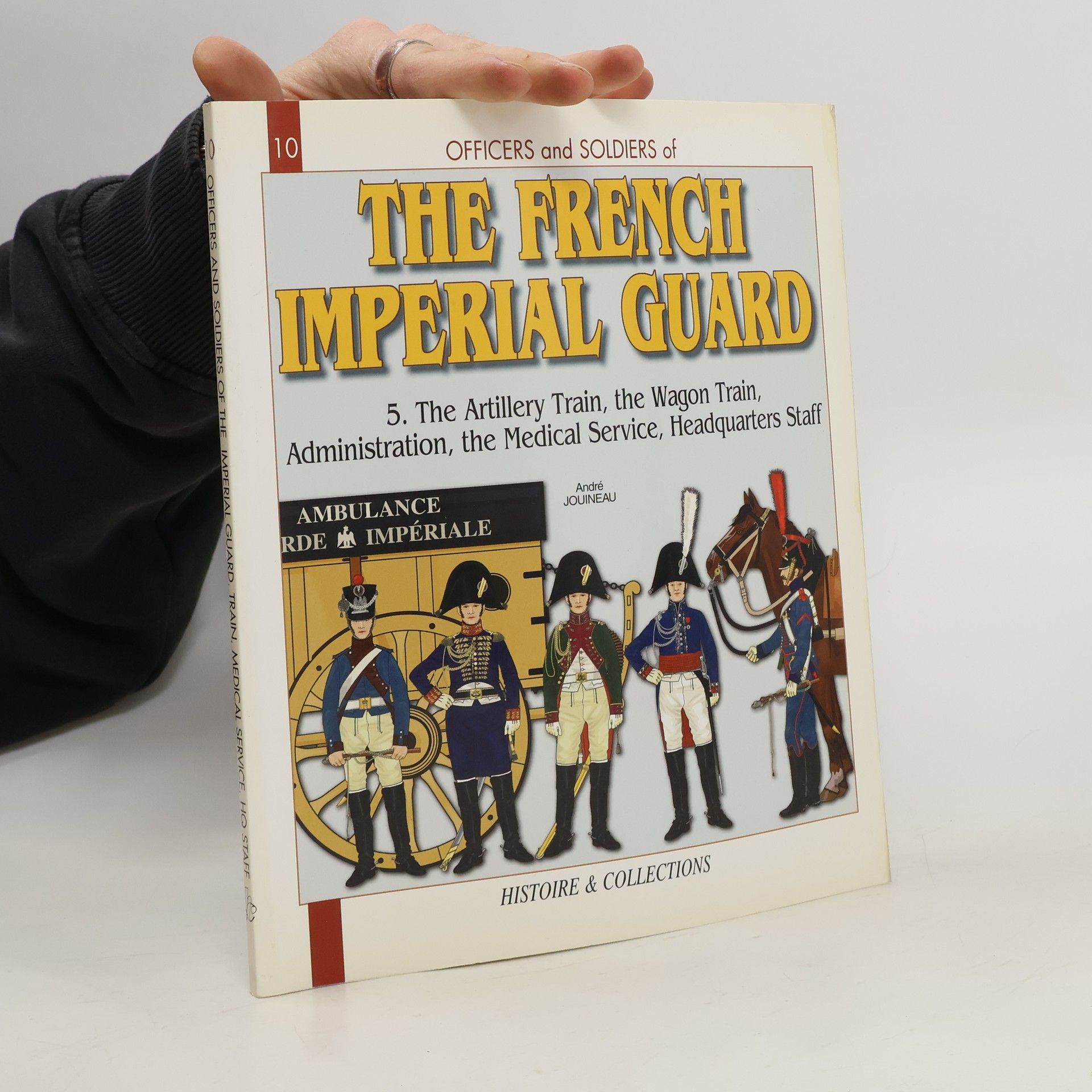The fifth and final volume of this rich saga of the French Imperial Guard, Andre Jouineau presents the last troops in the Garde: the Horse Artillery, the Health Service, the crew trains, the artillery and artillery trains. A chapter about the headquarters staff closes the story of these glorious units.
Major Olivier Lapray Books






After the defeat in 1940, the Vichy Government started reforming the army which the occupier had been good enough to let it keep. At the same time in England, General de Gaulle got down to setting up a unit for all the volunteers drifting in from all over the Empire.
This, the thirteenth book in the Officers & Soldiers series, shows the French Army during the Phoney War and the French campaign in May-June 1940.
This volume covers the last horse troops of the French Imperial Guard: gendarmes, honor guards and horse artillery, not forgetting the Lithuanian tartars, last proof of Napoleon's will to make out of his Guard a model of a Greater Europe.
La LeGion ETrangeRe
- 80 pages
- 3 hours of reading
TEXT IN FRENCH From the Capture of Algiers to the disbanding of the REP, through the Carlist Wars in Spain, Camerone, the Great War, Bir-Hakeim or Indochina, this book retraces the history of the most famous corps in military history over the last two centuries.
La Guerre De SeCession
- 160 pages
- 6 hours of reading
TEXT IN FRENCH If there's one conflict that was remarkable from a lot of points of view, it was the American Civil War, better known in France as the War of Secession.
The Battle of Marengo
- 128 pages
- 5 hours of reading
On 14 June 1800, during the second Italian campaign, Napoleon narrowly won the battle of Marengo (Piedmont). This famous battle put 28,000 French soldiers against 31,000 Austrian soldiers under the command of General Melas. At first dominated, the French had to retreat nearly seven miles back.
This book traces the glorious history of the elite French cavalry.
Les Suisses Au Service De La France 1715-1820
- 80 pages
- 3 hours of reading